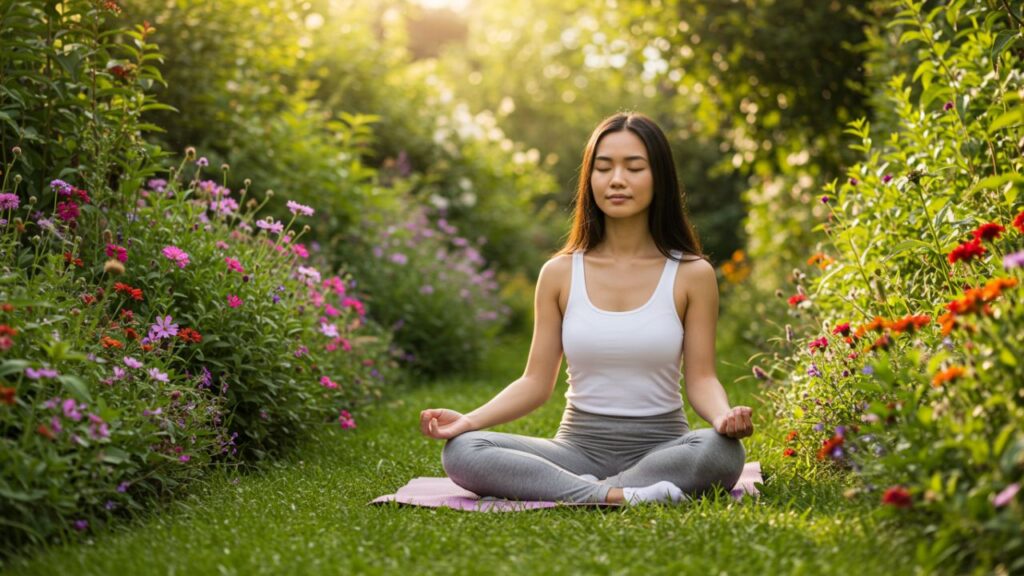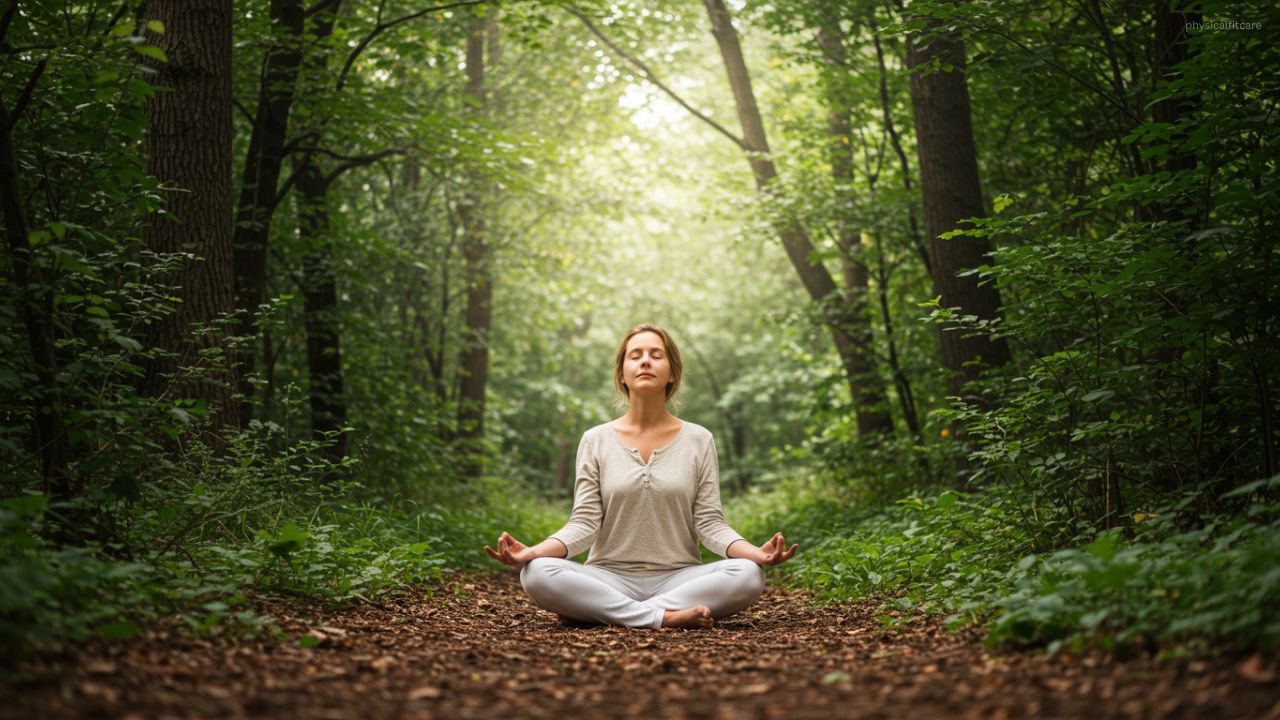
Table of Contents
In a world full of distractions, overthinking, and constant noise, our minds rarely find a moment of true peace. Whether you’re dealing with stress, anxiety, or mental fatigue, learning how to meditate properly can be the life changing solution you never knew you needed. Meditation isn’t about emptying your mind or sitting in silence for hours it’s about being present, aware, and in control of your thoughts.
If you’re wondering how to meditate, or looking for simple meditation tips for beginners, you’re in the right place. In this guide, we’ll explore breathing meditation, mindfulness meditation, and the best meditation techniques to help you start your journey. Whether you’re a total beginner or someone looking to refine your practice, this article will teach you how to start meditating and build a habit that brings lasting calm, focus, and clarity into your life.
Why Learn How to Meditate?
Meditation is more than just sitting in silence it’s a powerful tool for reducing stress, improving focus, and boosting emotional health. Scientific studies have shown that regular meditation can lower anxiety, enhance self-awareness, and even improve sleep. To truly experience its benefits, it’s important to learn how to practice it the right way.
How to Start Meditating as a Beginner?
If you’re new to the practice, don’t worry meditation for beginners doesn’t need to be complicated. Follow these simple steps:
Choose a Quiet Space
Find a peaceful environment where you won’t be disturbed. It could be a corner in your room, your balcony, or even a calm spot in the park.
Sit Comfortably
Sit comfortably either cross-legged on the floor or with your feet flat on the ground in a chair. The key is to keep your back straight but relaxed.
Focus on Your Breath
Start with breathing meditation one of the simplest yet most effective techniques. Close your eyes and gently bring your attention to your breath. Notice the sensation of air flowing in and out through your nose. This is the essence of mindfulness meditation being fully present in the moment.
Observe Your Thoughts Without Judgment
Your mind will wander that’s natural. The trick is to notice when it does and gently bring your focus back to your breath. This process strengthens your mental clarity and awareness over time.

Best Meditation Techniques to Try
There are several best meditation techniques that cater to different personalities and goals. Here are a few to explore:
Mindfulness Meditation
Originating from Buddhist teachings, this practice involves paying attention to your thoughts, feelings, and sensations without judgment. It’s great for cultivating inner peace and self-awareness.
Breathing Meditation
Also called anapanasati, this technique centers around observing your breath. It’s perfect for calming a restless mind and grounding your awareness.
Guided Meditation
Ideal for beginners, guided meditations are led by a teacher or audio track that walks you through the process. They often focus on relaxation, visualization, or healing.
Loving-Kindness Meditation
This practice encourages you to send compassion and love to yourself and others. It’s powerful for reducing anger, resentment, and promoting emotional balance.
Top How to Meditation Tips for Beginners
Learning how to meditate properly doesn’t mean being perfect. Here are a few how to meditation tips to make your practice easier and more effective:
- Start small: Begin with just 5–10 minutes a day and gradually increase as you get more comfortable.
- Be consistent: Choose the same time each day to build a habit. Mornings are ideal for setting the tone for the day.
- Use a timer: It removes the urge to check the clock.
- Try an app: Apps like Calm, Headspace, or Insight Timer can help with meditation for beginners.
- Be kind to yourself: Some days will be easier than others don’t judge your practice.
Common Challenges and How to Overcome Them
Many people give up early because they believe they’re doing it “wrong.” But here’s the truth: there’s no such thing as a perfect meditation. The very act of showing up is what counts. If you get distracted, just come back to your breath. Over time, you’ll train your mind to stay present longer.
Benefits of Meditating Regularly
The rewards of learning how to meditate properly extend far beyond the cushion:
- Improved concentration and focus
- Reduced stress and anxiety
- Enhanced emotional well-being
- Better sleep quality
- Greater self-awareness and compassion
When you meditate consistently, you begin to respond to life with clarity rather than react impulsively.
Your Journey Begins Now
Meditation is a lifelong journey, not a destination. Whether you’re starting with breathing meditation or diving into mindfulness meditation, what matters is your intention and commitment. Knowing how to start meditating is the first step toward inner peace, mental clarity, and emotional balance.


